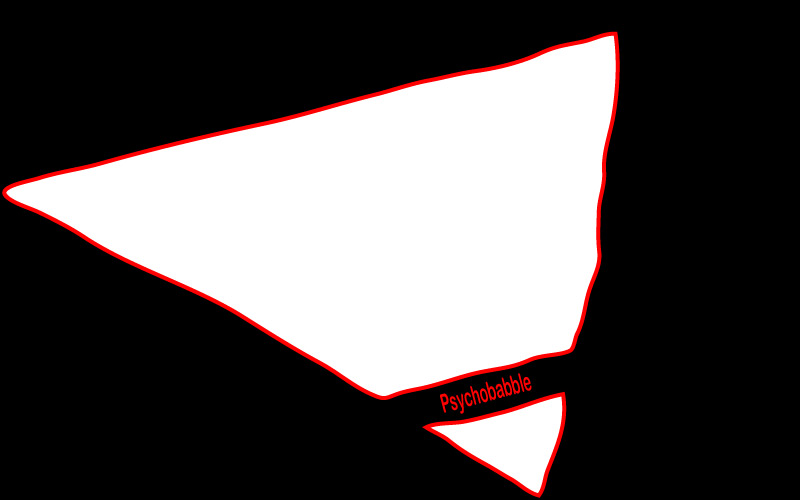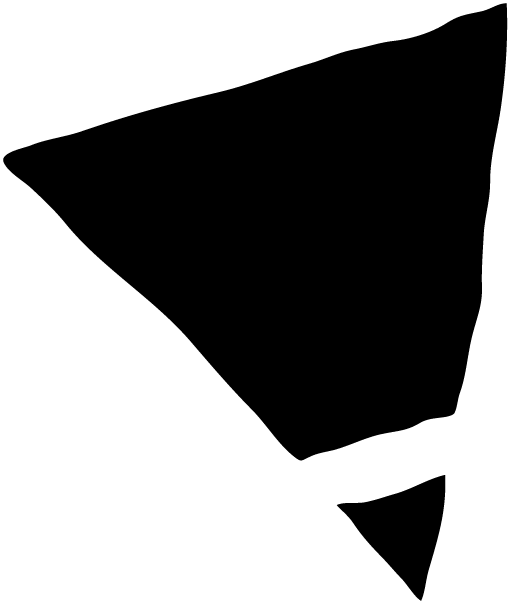

There is a type of beat to life, a certain rhythm, albeit in constant fluctuation, a peculiar balance of distractions and dreams, truths and lies, voices and silences, faces and mirrors.
There is a nation, a great and powerful nation, a gloriously rich and proud nation, whose boundaries seem to be without limits, whose influence is as swift as the wind, whose strength is as fierce as a rabid dog, whose voice echoes around the globe until all have known its will and command.
There is an industry, a conceited and deceitful industry, a rich and powerful industry, an industry that sells and even offers freely ideals and images, happiness and freedom. This very crafty and meddlesome industry is taking the great and powerful nation into a new era, the dawn of a new millennium, the age of information.
Whose information? This industry works primarily for other industries. This industry is responsible for the fact that very few people at [this] University are aware that traditional Diné (Navajo) are still resisting forced relocation, that women are still victims of innumerable acts of violence, that an Indigenous uprising in our neighbor country of Mexico is openly challenging United States imperialism, or that our government has been waging an active war against revolutionary organizations within our country for more than thirty years and has imprisoned hundreds of political dissidents. Why are these situations not considered "newsworthy"?
There is a memory, a long and detailed memory that knows the names of all those who have died to make this nation: the indigenous who were killed and displaced, the women who were confined in homes, the Africans who became slaves, the immigrants who were chained to their bosses, the workers who industrialized the nation, the workers who clothed the nation, the workers who fought the bosses, and the workers killed by them, every soldier from every war, every mother, every father, every plant and animal that has disappeared, and every word of resistance.
The memory of our nation has been erased and replaced with visions of ethnocentricity, consumerism, image and status. When a story is told with certain facts omitted, certain facts that give the meaning of the story a radically different message, is this lying? Is it lying, for example, when children are told that Columbus "discovered" "America" and brought "God" and "Christianity" and told nothing of the gallows or the slave ships or the bloody hunt for gold? Is it lying when news consumers are told about a Navajo-Hopi land conflict and told nothing of Peabody Coal’s interests or of the Bureau of Indian Affairs' complicity with Peabody's interests? Is it lying when television viewers are told about a "guerilla" uprising in Mexico and told nothing about the violent, repressive actions of the Mexican government or of the relationship of the North American Free Trade Agreement to the Zapatista Movement? How can it be anything else, this elusive combination of truths, half truths, lies and omissions?
There is an entire world out there that we are connected to, that we have influence on and which influences us. There is always more to every story, there is always another perspective, a lost memory. The same memory loss that has occurred in our history continues to occur. Women are still more or less invisible. Those rotting away in prison are still invisible. The indigenous resisting encroachments are still invisible. Those homeless who will die from exposure this winter are still invisible. The poor are still invisible. We must remind ourselves of our own memories. In search of that lost rhythm, we must ask the question: what is the difference between the truth and the lie?
The world is changing. We have learned much and we are still learning. We have many questions and we will ask them. We have some answers and we will offer them. We have learned that you too have many questions and some answers. We have learned you and I, us and them, have differences and we understand that this benefits us. We have learned that the differences between us have been used by espousers of lies to convince us that these differences divide us, that these differences cannot be reconciled, that these differences make us different. We have learned of a thing called meaning, stolen from us by espousers of lies. We have learned of things like speaking and listening, deliberation and consultation, communication and community. We have learned to find strength and answers in our differences. We have learned that we do indeed have something to gain from working together, from exchanging our truths and ideas, from cooperating. We have learned of the need for all voices, for all realities, for all worlds. We have learned that we -you and I, us and them- function as a broken network that needs to be mended, rebuilt. We have learned that we -you and I, us and them- share more similarities than we do differences.







